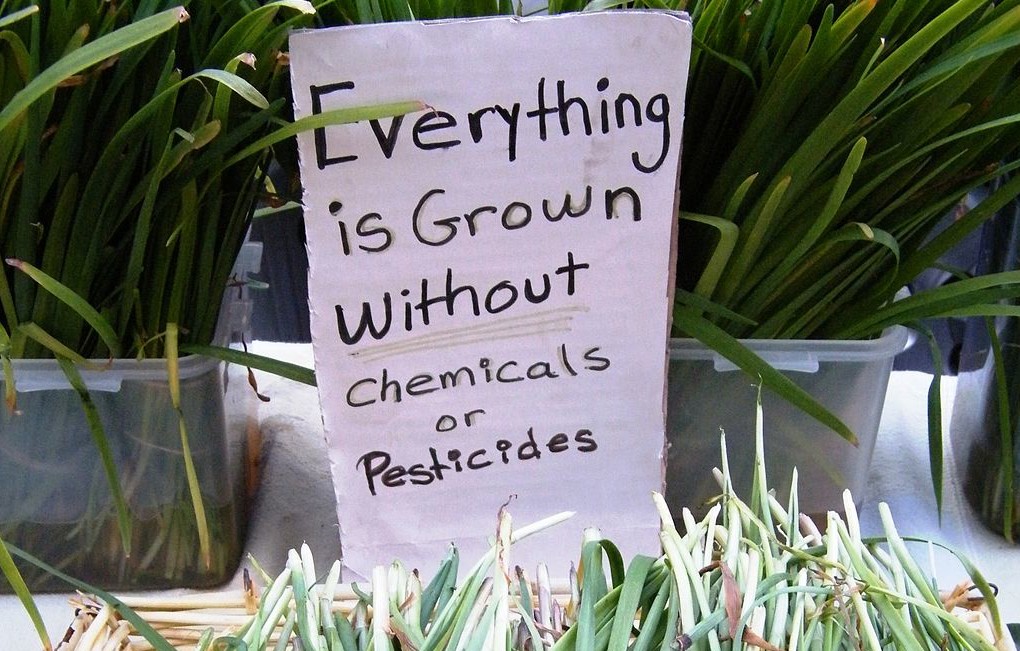Eating organically grown foods has become a huge trend, but a lot of people may not know exactly what eating organic means. Organic is defined by the United States Department of Agriculture (USDA) as “a labeling term that indicates that the food or other agricultural product has been produced through approved methods. Synthetic fertilizers, sewage sludge, irradiation, and genetic engineering may not be used.”
Before deciding why you do or do not want to shop and eat organically, it is essential to be able to find organic products.
The only way to eat a truly organic item is to find the label “USDA organic.” A product with this label from the USDA must have at least 95 percent organic ingredients, which is as close as labeling will get to fully organic. If something says “made with organic ingredients,” at least 70 percent of the ingredients must be organic. If something has less than 70 percent organic ingredients, any specific organic ingredients may be labeled as organic on the nutrition label.
Keep in mind when looking for labels that, for a company to use the organic label, there is an expensive and lengthy process they need to go through. Small companies, such as local farms that sell their products at farmers markets, may be organic but do not have the means to pay for the label.
Once you are able to identify something that is organic, you have to understand what that word means. As the USDA definition shows, the word organic has to do with how a food is produced, especially what is put on top of a food in terms of pesticides. The only aspect of the organic definition that has to do with what is inside of a food is that it does not allow genetic engineering.
If something is genetically engineered, there is a chance that means that it was enhanced nutritionally, which would change the nutrition content and could improve it. Genetic engineering could also refer to putting something in a food that would keep away pests or help something grow more efficiently. In this case, the nutrition content would not be changed by genetic engineering.
Genetic engineering is one aspect of being organic that has the potential to change the nutrition content of a food, but in most cases, the nutrition content of something is not affected by being organic. In the majority of organic foods, that means that synthetic fertilizers and products were not used to help the product grow.
In terms of organic animal products such as meat or eggs, things get a little more complicated. Essentially, animals who are used to make organic products must eat organic feed for most of their life. In these situations, being organic does not have any effect on nutrition content. Saying that something organic is nutritionally superior to something that is not organic is a very common misconception. It is important to realize that this is not true when making a decision on what to buy.
Because organic items, especially produce, tend to be significantly more expensive than their conventional twin, you should take all information into consideration. If you are trying to buy the more nutritional option, most of the time buying conventional is fine. If you are looking to reduce your intake of foods grown with pesticides and synthetic fertilizers, buying organic may be the better option for you. If you are interested in the environment, organic may be the better option for you as well.
Knowing information about what the term means can help you make the most logical and practical decision for you.




